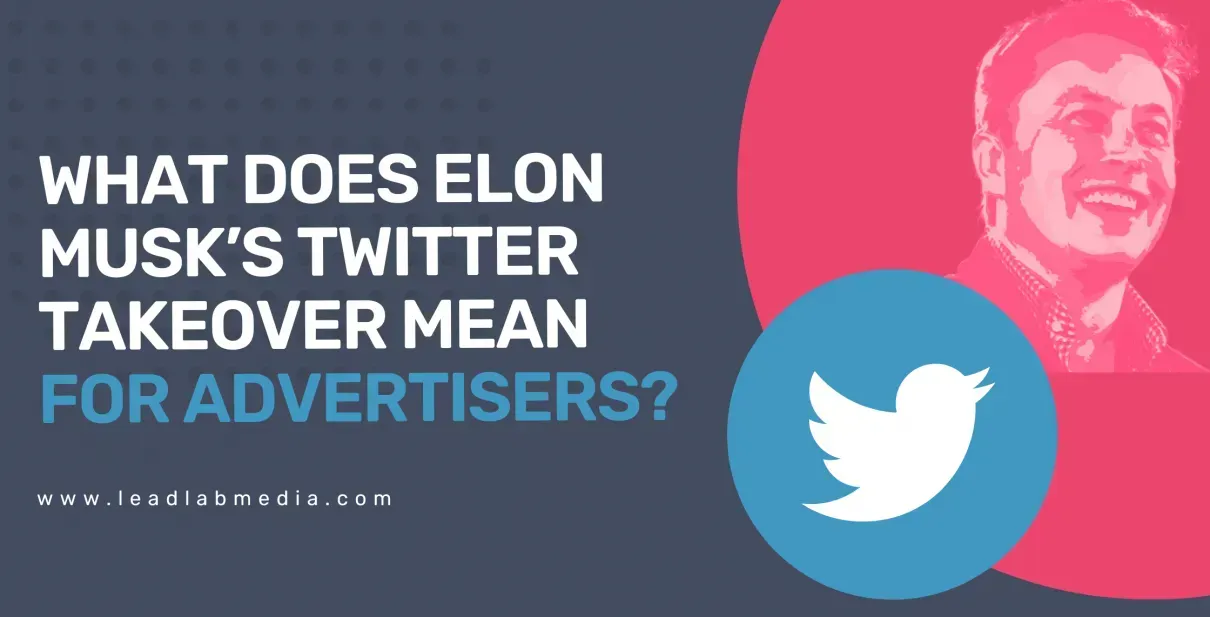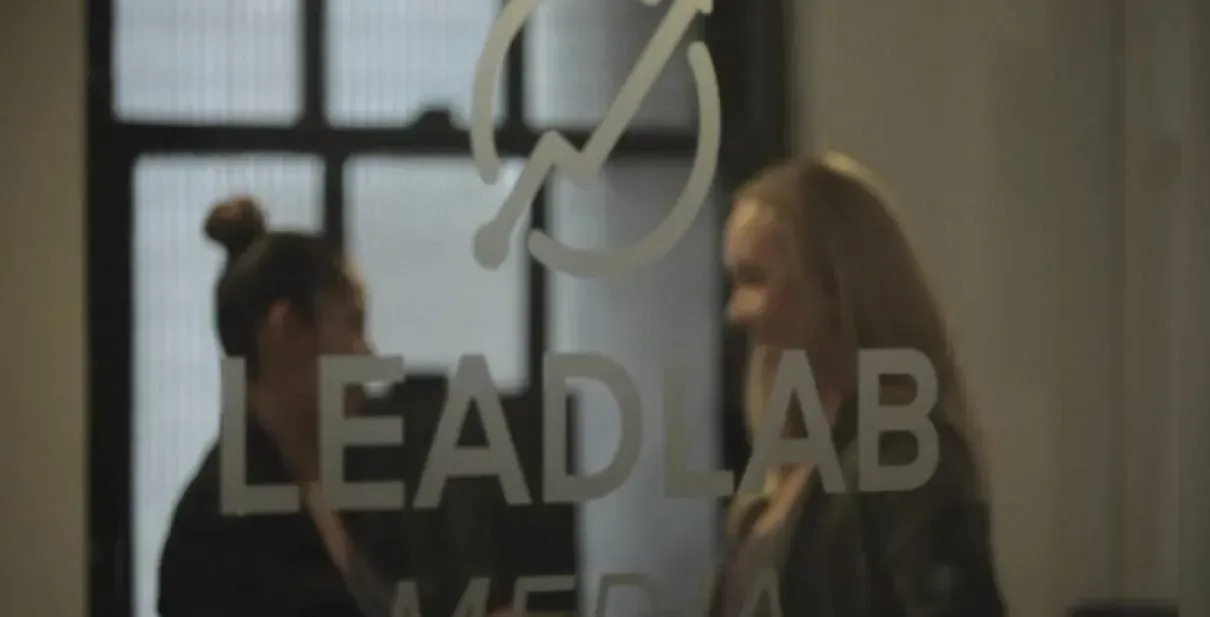Best Practices for Hiring a Paid Media Manager

In my 13 years of being a paid media leader, I’ve interviewed and hired dozens of paid media professionals, both with and without experience. Here are some of my tips and tricks for hiring someone great for your team and not making a costly hiring mistake.
- Consider hiring someone without experience – Teaching someone how to do things in an account is easier than teaching someone how to think strategically, analyze data or be client facing. I always recommend hiring someone who has the soft skills you want as you can teach the hard skills more easily.
- Have a culture interview – The culture interview should be conducted by the team that they would be working with to make sure they would work well together and fit with the team. At LeadLab, we require that everyone agree that they would want to work with this person. If anyone says no, we don’t question it and keep looking. Use this time to ask hypothetical questions and “tell me about a time” questions to see if you agree with their thought process.
With regards to the types of questions, asking the same questions to each candidate is best to be able to compare candidates better. Here are some ideas of questions to ask:
- Especially for people with not much experience, asking them questions about their course work or hypothetical situations is best.
- Asking questions about things on their resume: Ask them questions beyond their resume to find out that they didn’t just do the job, but that they brought something unique to that job.
- Examples: If they were the lead of their sorority/fraternity recruiting, what did they do to increase recruits? What issues did they identify in the process, how did they fix them?
- Examples: If they had an internship where they entered numbers into a spreadsheet, what did they notice about the numbers they entered?
- Examples: At your last job, tell me about a process that you noticed was inefficient, what steps did you take to make it more efficient?
- Hypothetical questions: If you were building a campaign for a dog food brand, what tactics would you use?
- Behavioral questions: Tell me about a time you didn’t get along with someone in your group project, how did you resolve it?
- Communication Questions: Imagine that you told the client that you’d get something done on Tuesday, it’s Monday night and there is no way you can finish it, what do you tell the client?
- Opinion Questions: What ad unit do you think is the most impactful?
- Performance-Based/Competency Questions: Tell me about a time you had to analyze large amounts of data and come up with a recommendation?
- Brainteasers: How many lamp-posts are in San Francisco? (Did they just say “I don’t know” or did they try to think it out?)
2. Have a technical interview – Have someone who has done the job before interview them for their technical ability. This includes asking “how to”, “what would you do if” and “tell me the steps” questions about common tasks. You’re listening for if they can state clearly what to do as if they have done it before.
3. Have a written interview – A technical job is not at all like a talking interview, they need to have written skills as well. Think of a recent common issue/question and ask them to write out their response. For us, we ask one question about campaign strategy, one question to analyze data and one question about explaining a new industry trend such as GA4 or iOS14 changes to Facebook. It shouldn’t be complicated and should require thinking. Give them a deadline so you can check that they can organize themselves.
4. If they pass, give them an offer – If you want make sure your offer is competitive, check out the self-reported salaries of other agencies
Watch out for these red flags:
- Rambling: it’s a sign they are unsure of what they are talking about. If you don’t understand what they are saying, they probably don’t either. Don’t assume it’s because you aren’t technical enough. If you don’t understand what they are saying, clients won’t either.
- Job hopping: It could be a sign that they have personality issues that keep them from keeping a job for long. If they jumped from their last agency to you, it’s possible that they won’t be loyal to you either.
- Bad mouthing their last job: It could be a sign that they have issues around work they haven’t addressed yet. They could bring some of that energy to their new position.
If you notice red flags, ask for 2-3 references and call them so you can ask more questions about what you noticed during the interview process. One of my favorite reference questions is “if you were their mentor, what advice would you give them for their next job?” Sometimes if you make it positive you can get more context on how they feel about that person.









